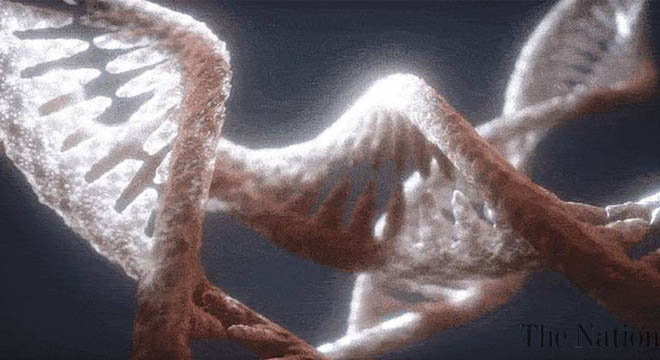ISLAMABAD – Results of a unique test developed by a world-renowned expert, which targets three viral genes to increase reliability and could cut COVID-19 detection time to 20 minutes, have been peer reviewed and published in the journal Scientific Reports. Stephen Bustin, Professor of Molecular Medicine at Anglia Ruskin University (ARU) and a leading expert in quantitative polymerase chain reaction (qPCR), which is widely used to detect infectious SARS-CoV-2 in cells, has developed the assay, called Cov2-ID, with colleagues at Broomfield Hospital in Chelmsford. The test detects three viral targets, making it more reliable than other current tests to identify the virus which target one or two, and was 100% accurate in almost 30 patient samples taken. The test also has the potential to detect viral load, which is the amount of the virus present in each patient. While most of the samples were taken in Essex and contained the mutant genotype of the virus, a sample taken from Australia contained a different “wild type” genotype. Cov2-ID has been developed using MIQE guidelines, which were developed by Professor Bustin in collaboration with scientists across the world to promote best practice for qPCR assay design and publication, to produce results which are robust, sensitive and fast. It is also designed to minimize the likelihood of a false negative result which may lead to patients unwittingly infecting others.
Follow the PNI Facebook page for the latest news and updates.









